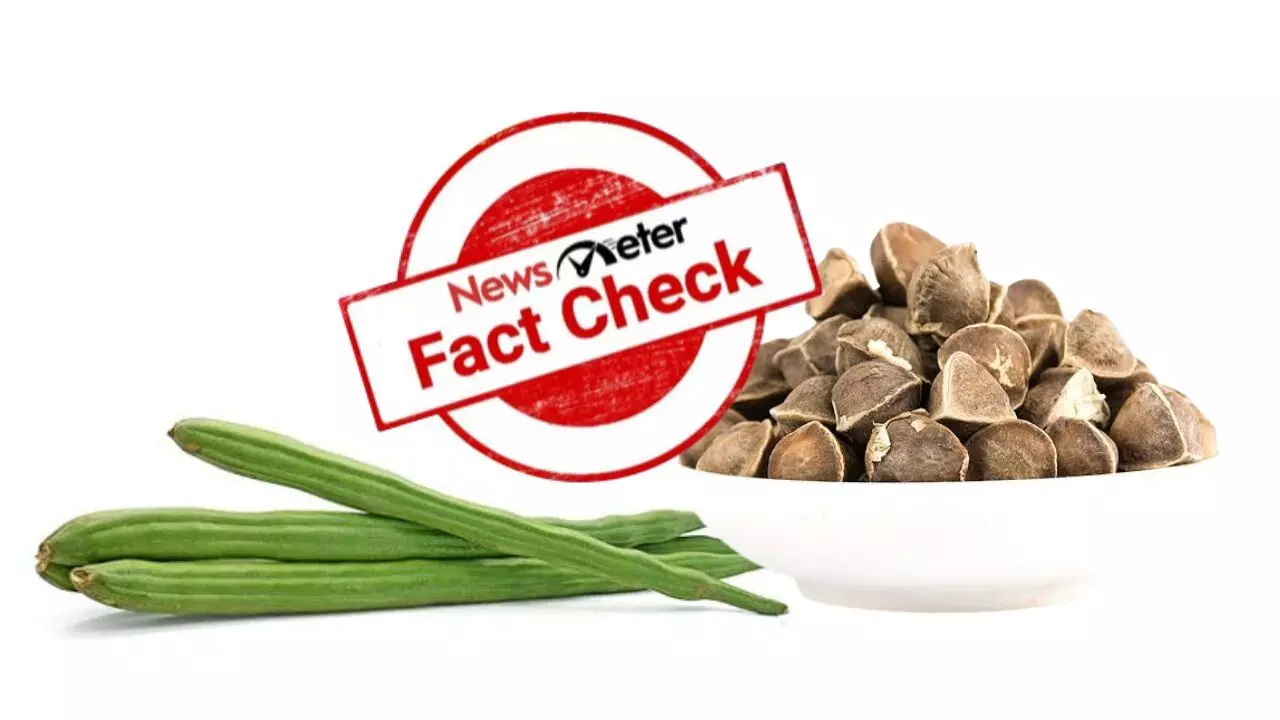Fact Check
NewsMeter found that the claim is misleading.
Around 77 million people above the age of 18 are suffering from Type 2 diabetes in India, while 50 per cent are not aware of their diabetic status. Diabetes can occur when the body is not able to produce enough insulin (Type 1) or when the human body is unable to utilise the insulin generated (Type 2).
We reached out to Dr Shiva Raju, senior consultant and diabetologist at KIMS Hospital, Secunderabad to understand the facts behind the claim.
“Yes, moringa seeds are found to have diabetic control capacity, but more studies on humans are required for better clarity,” he said.
Dr Raju added that “Out of the 30 studies held so far, 7 were on humans with 5 found being beneficial. Of the 23 studies on animals, 7 were found to be beneficial. It is being used in powder form in humans and liquid form in animals.”
Several polyphenols including flavonoids quercetin and kaempferol, and the phenolic acids chlorogenic acid and caffeoylquinic acid are present in moringa seeds.
“The different components in the seeds are capable of reducing glucose production, while insulin secretion may increase. The studies held so far are promising but large-scale studies are required to get more authenticity,” Dr Shiva said.
Some studies have found that moringa tablets along with a type of medicine called sulfonylureas do not improve blood sugar control as measured by haemoglobin A1C levels, leading to inconclusive evidence. Experts also recommend consuming moringa seeds for a shorter duration of time.
Usually, a drug is approved by a competent authority after it clears three phases of trials. The process takes several years to pass through the regulatory processes.
“Further, randomised trials of the drugs, in different groups of the same character, have to be carried out,” Dr Shiva added.
